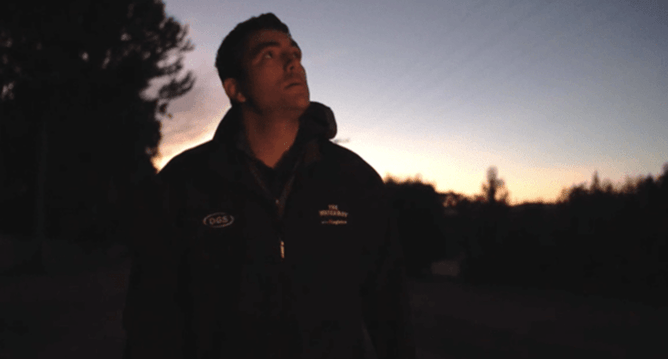An Update from Lead Social Innovator: Joe Wilson
Last month we released the story about Shani- her journey through meth addiction and gang life and how she is now using her experiences to support rangatahi and whanau who are at risk of falling into the same trap she did.
Click on the image below to see Shani’s story:
The response to this story was awesome and it got picked up by the Waikato Herald online platform with hundreds of likes, comments and shares.
The power of this story is the hope it provides to others facing a similar situation and to raise awareness of the lived experiences some people go through to those who live with greater privilege and may simply not understand the invisible barriers so many people in our communities face every day. It helps create a kinder, more open-minded community.
Next week, at the end of July, we will release the next story featuring Thomas Nabbs and his journey that led him to establish the Waterboy with Lugtons charity and the Taku Wairua Programme.
Thomas talks about how he is using the positive stories, access to sport and connection to whanau whakapapa which he was lucky enough to have growing up as the inspiration for helping rangatahi who do not have these pillars of support in their own lives.
I think really, the focus of Lots of Little Fires is to show that the broad term of ‘wellbeing’ is so dependent on the Maslow's hierarchy of needs and that what wellbeing means for one person is something another takes for granted. Wellbeing has been so often co-opted by a more privileged lens surrounding the health and wellbeing community of yoga, diet, mindfulness etc, but for those living in poverty or through the ongoing effects of trauma, wellbeing most often requires the support and access to the services that so many of us already have and are often blind to the privilege that brings. This plays out in many areas of society such as policy making, funding and non-trust in local community solutions for people who understand their situation.
I hope these stories, collectively, are starting to highlight this in a subtle and gentle way yet still making it clear that wellbeing is completely subject to the level of basic human needs people have access to.



